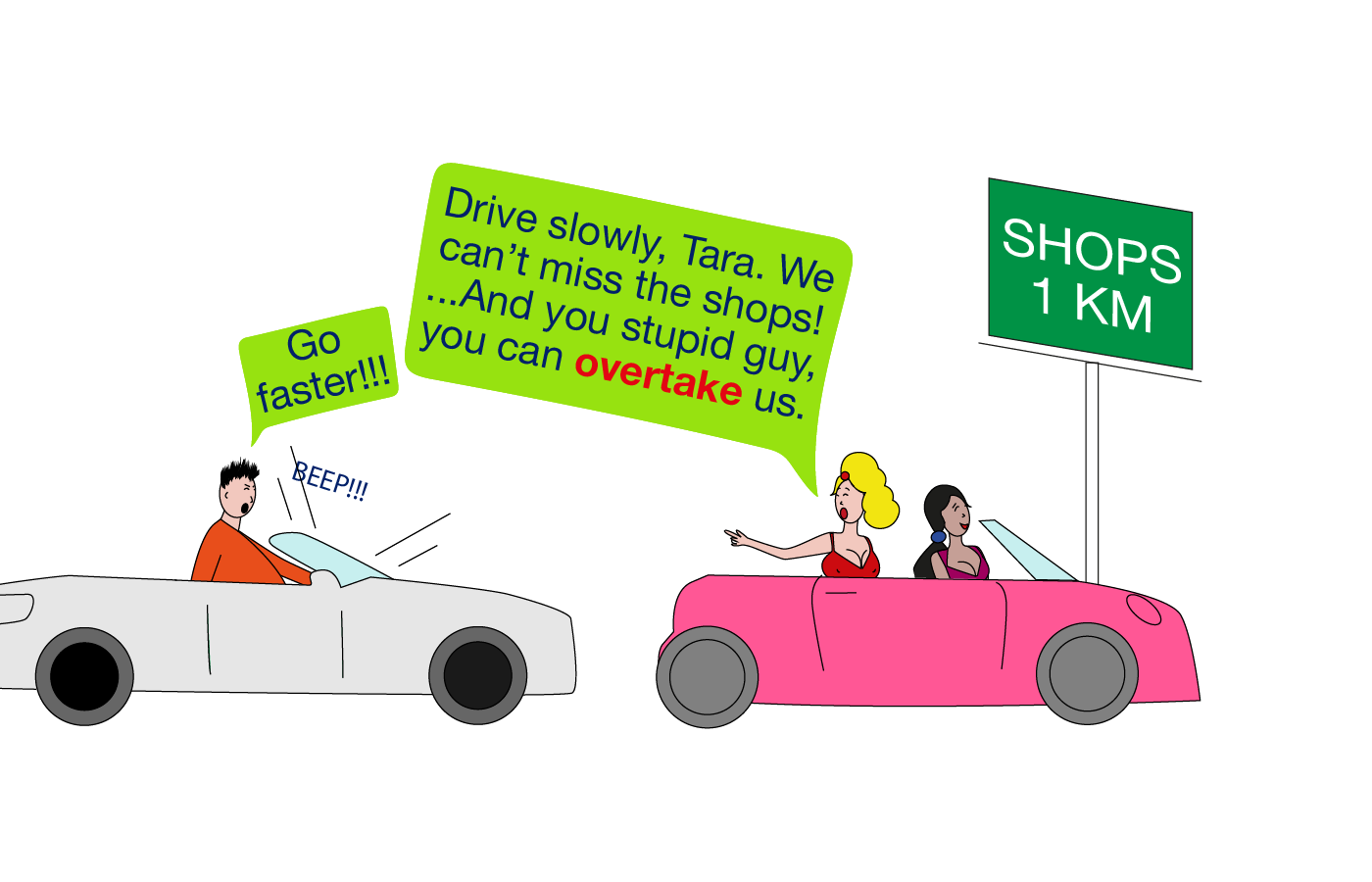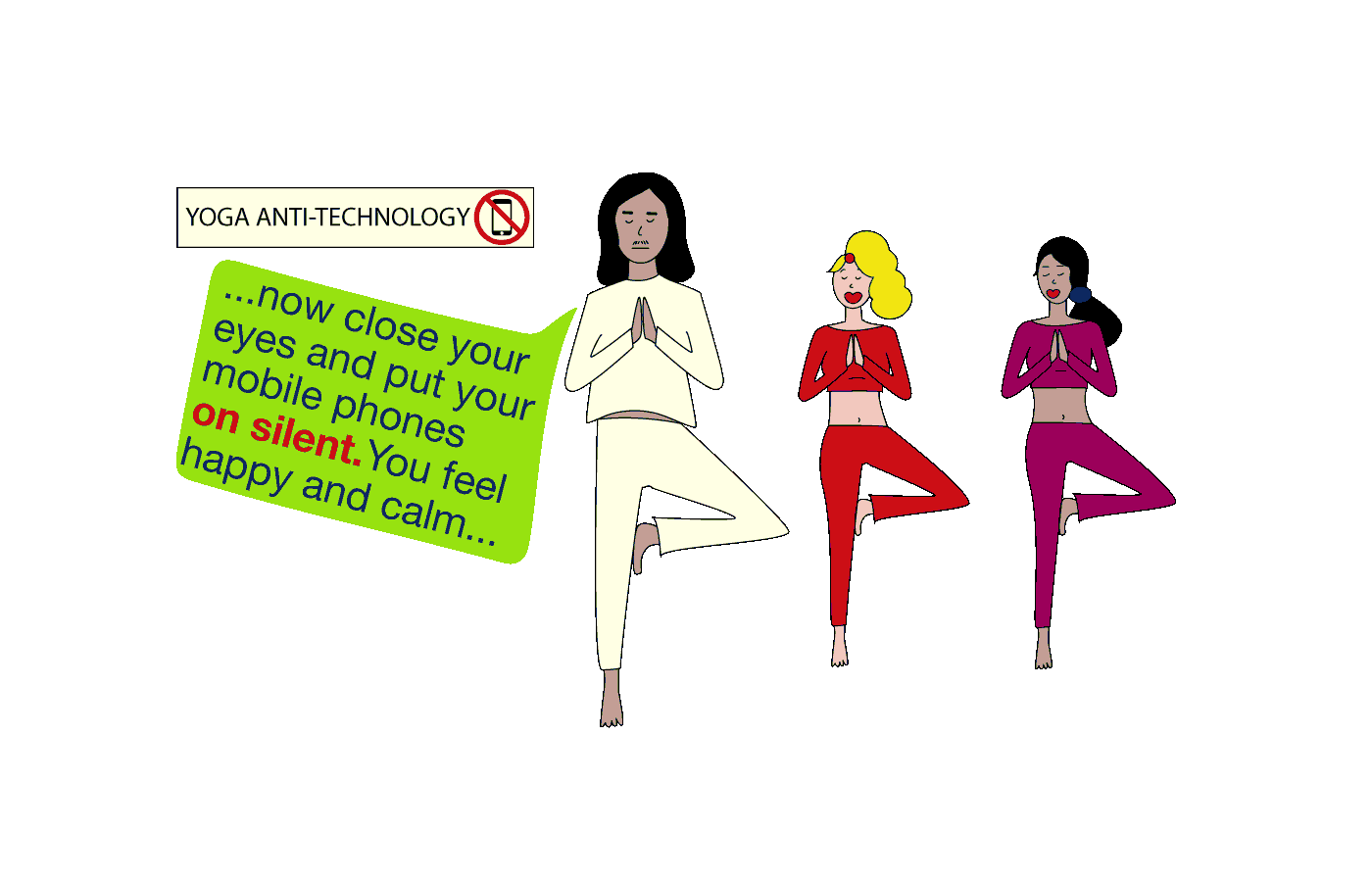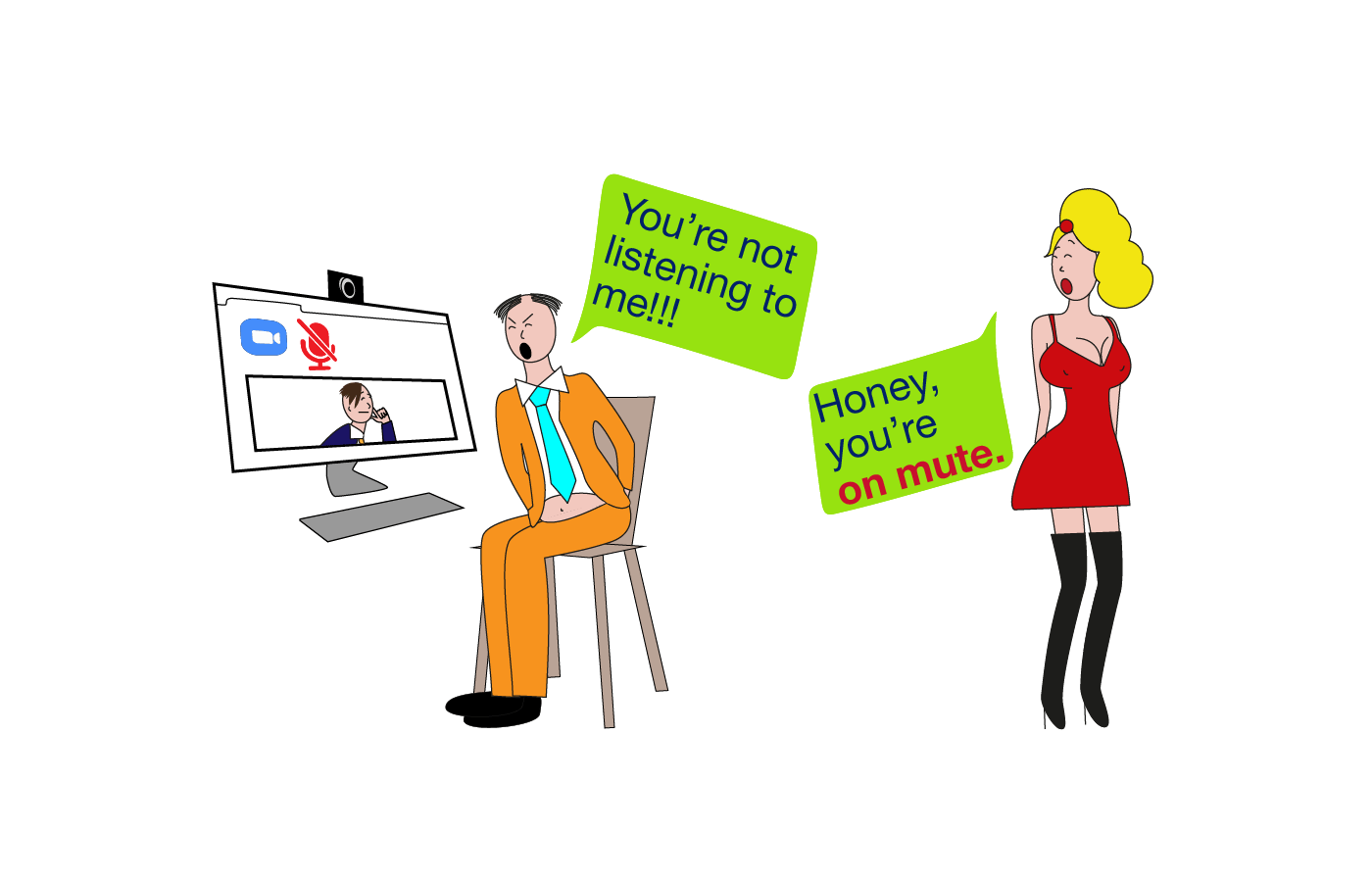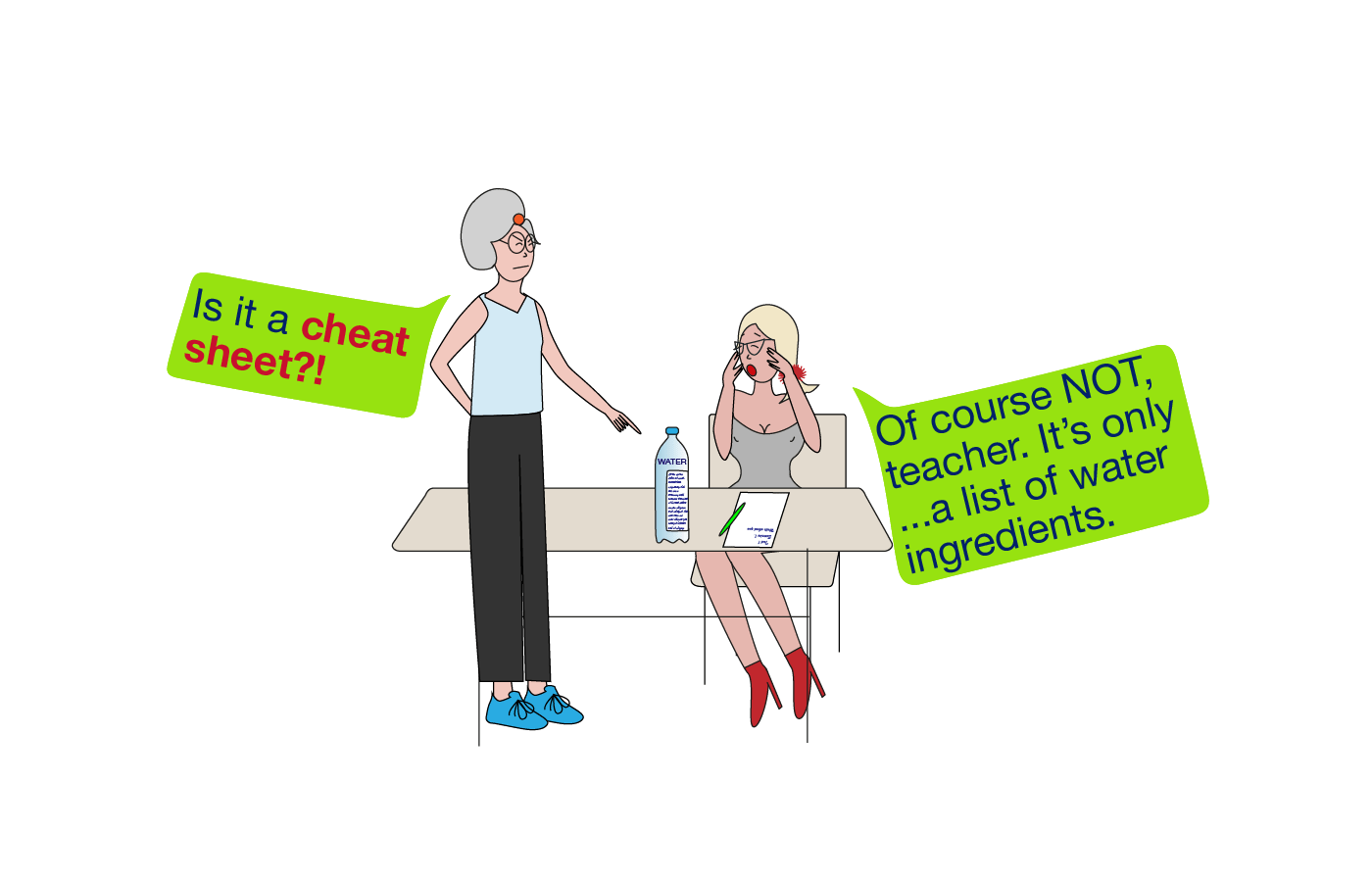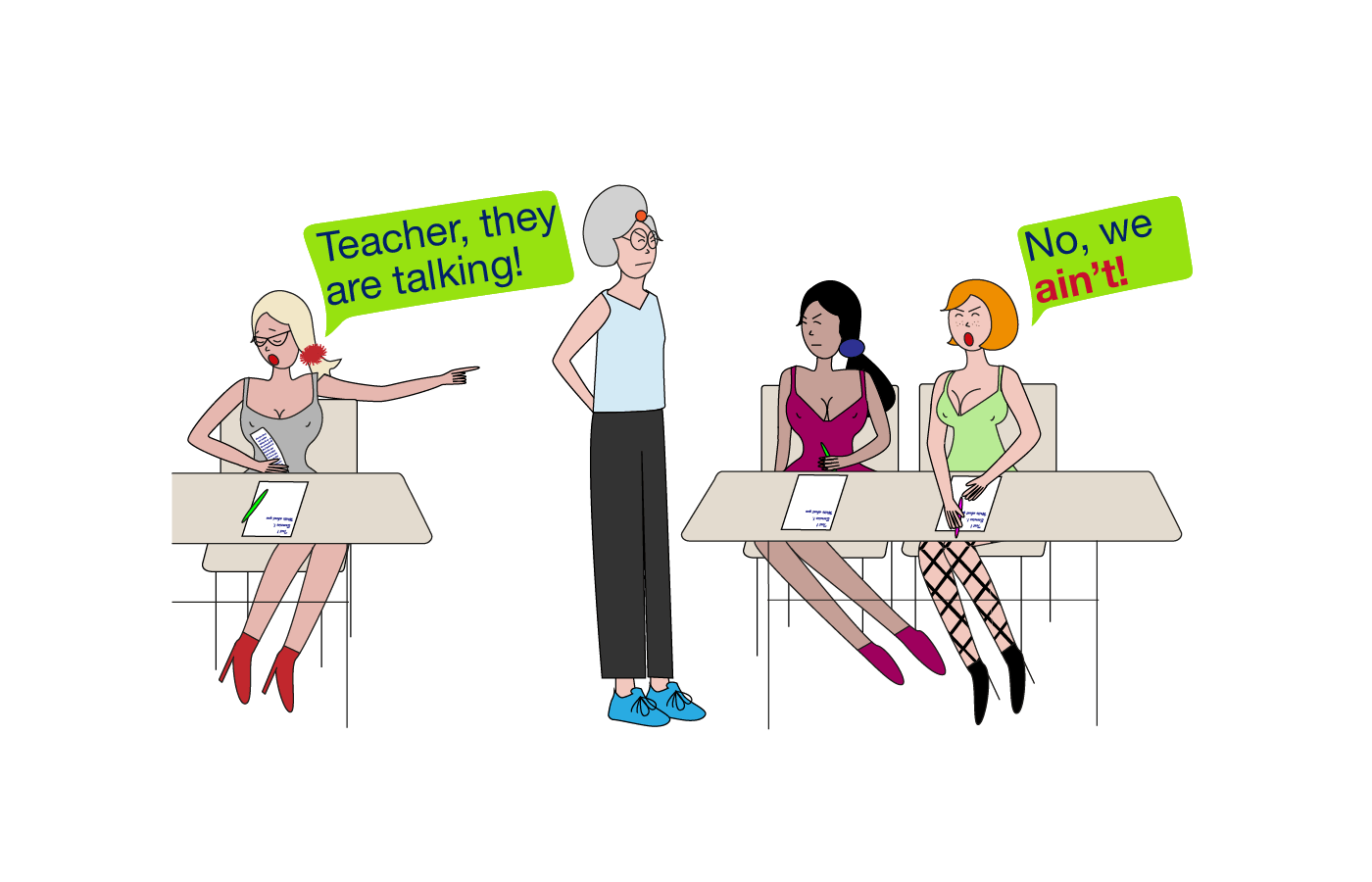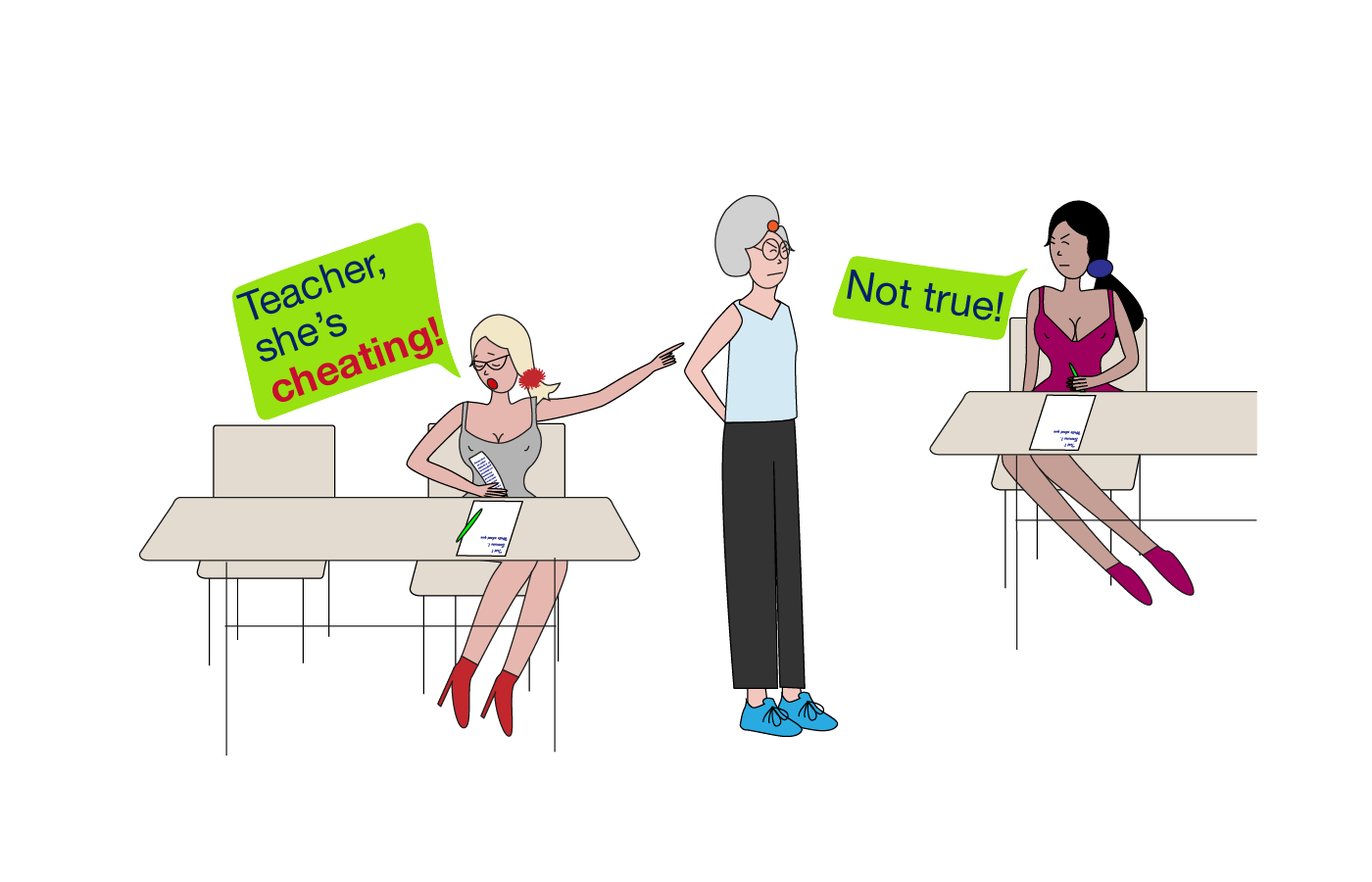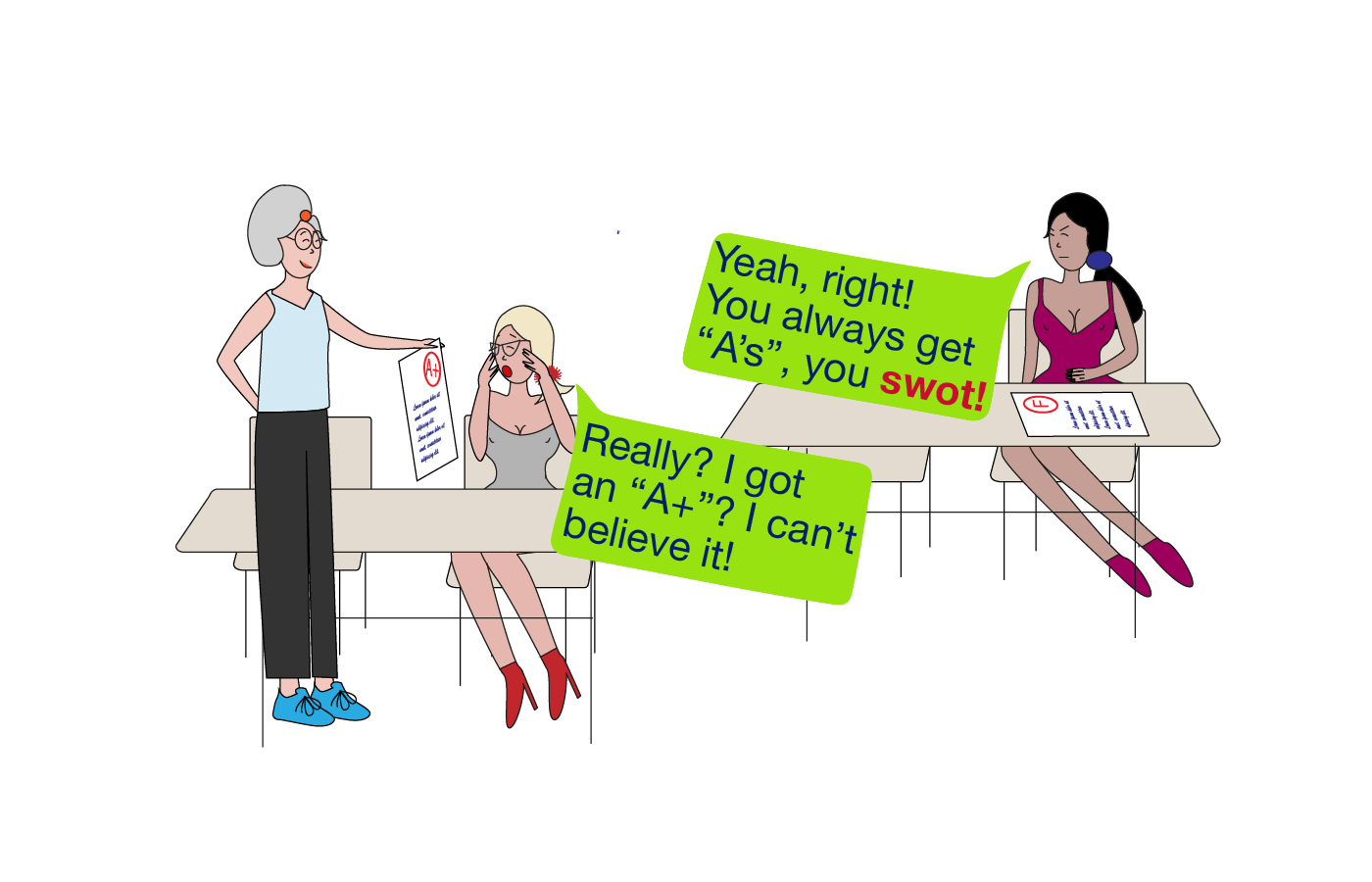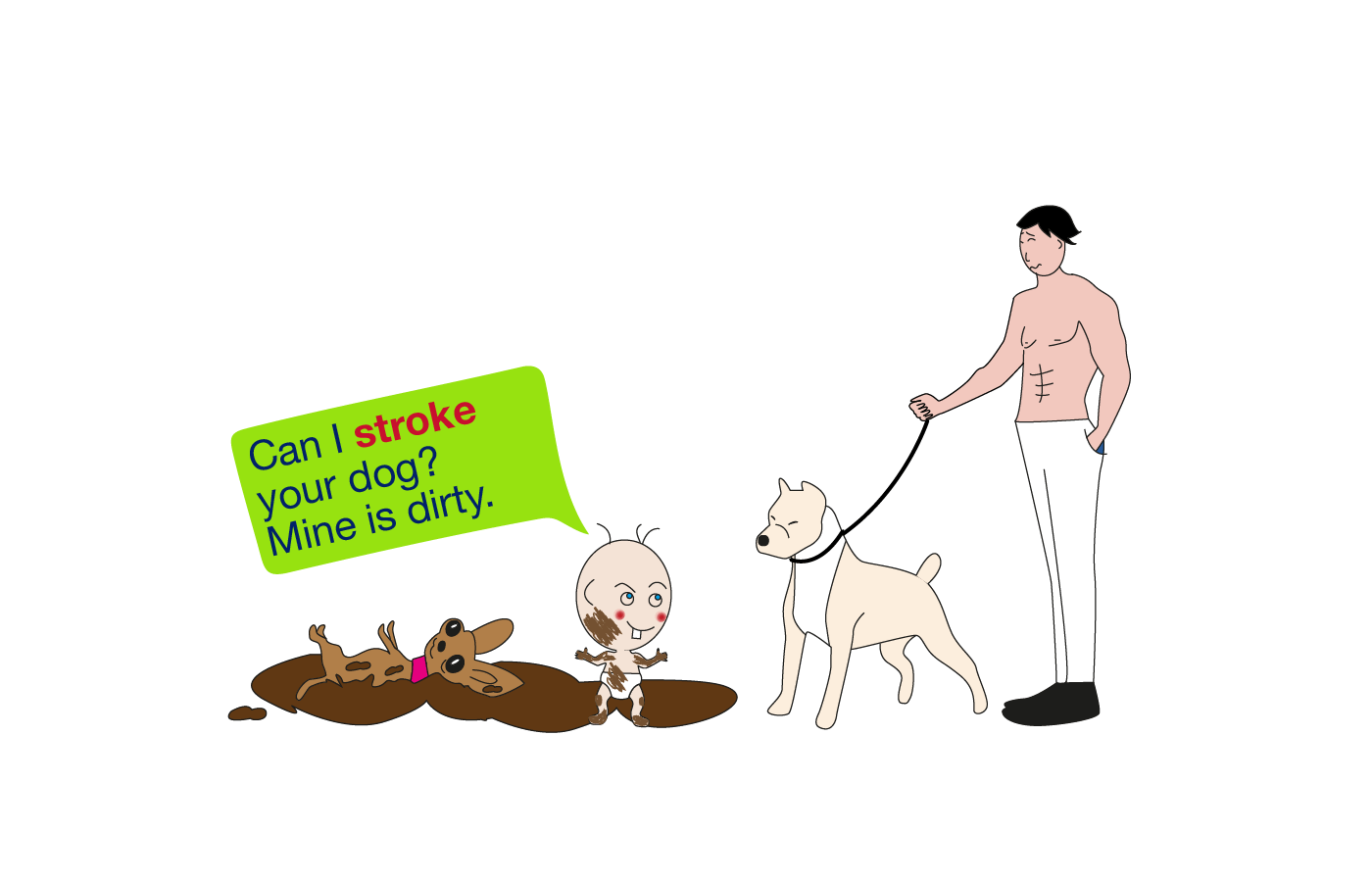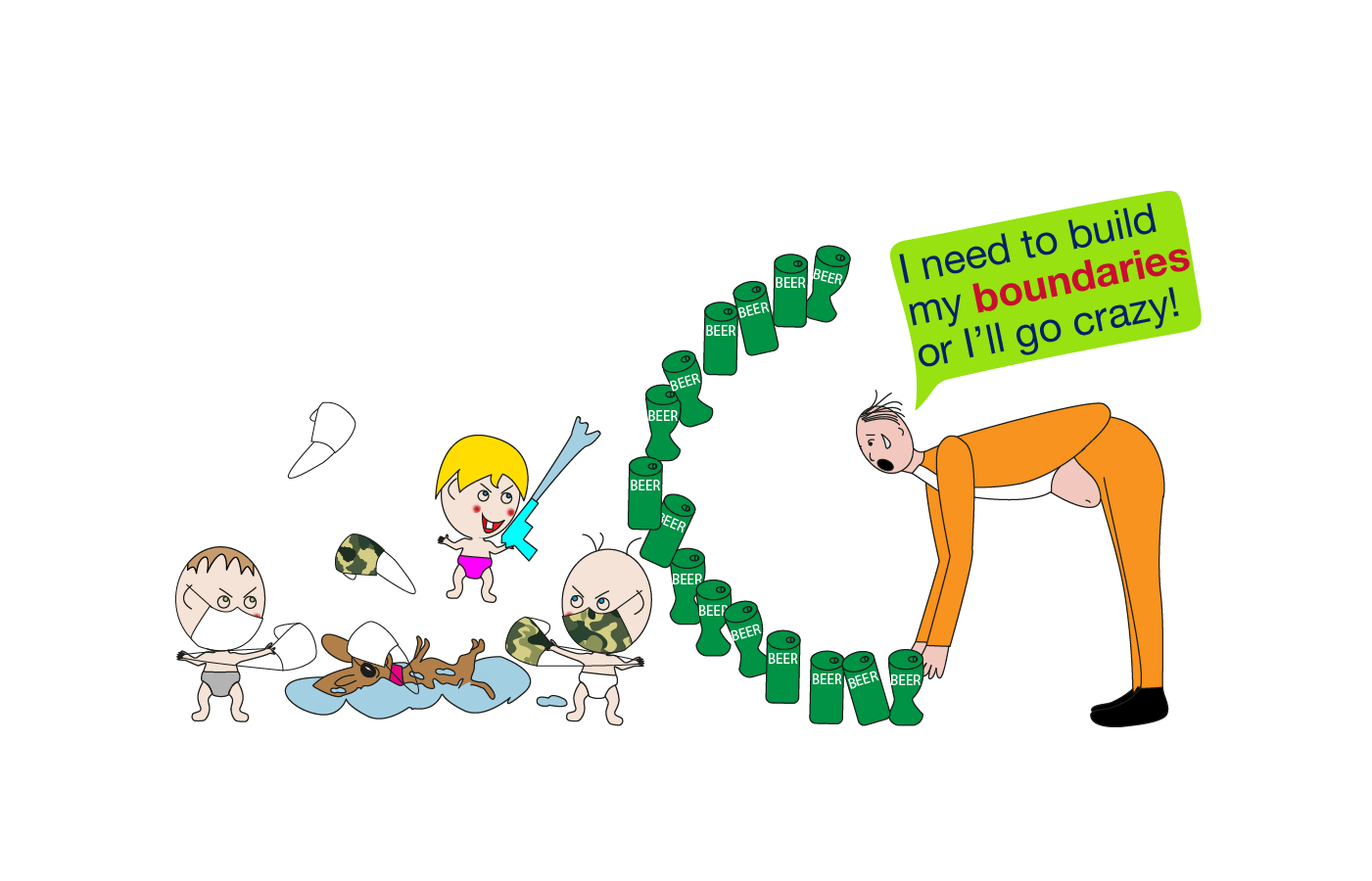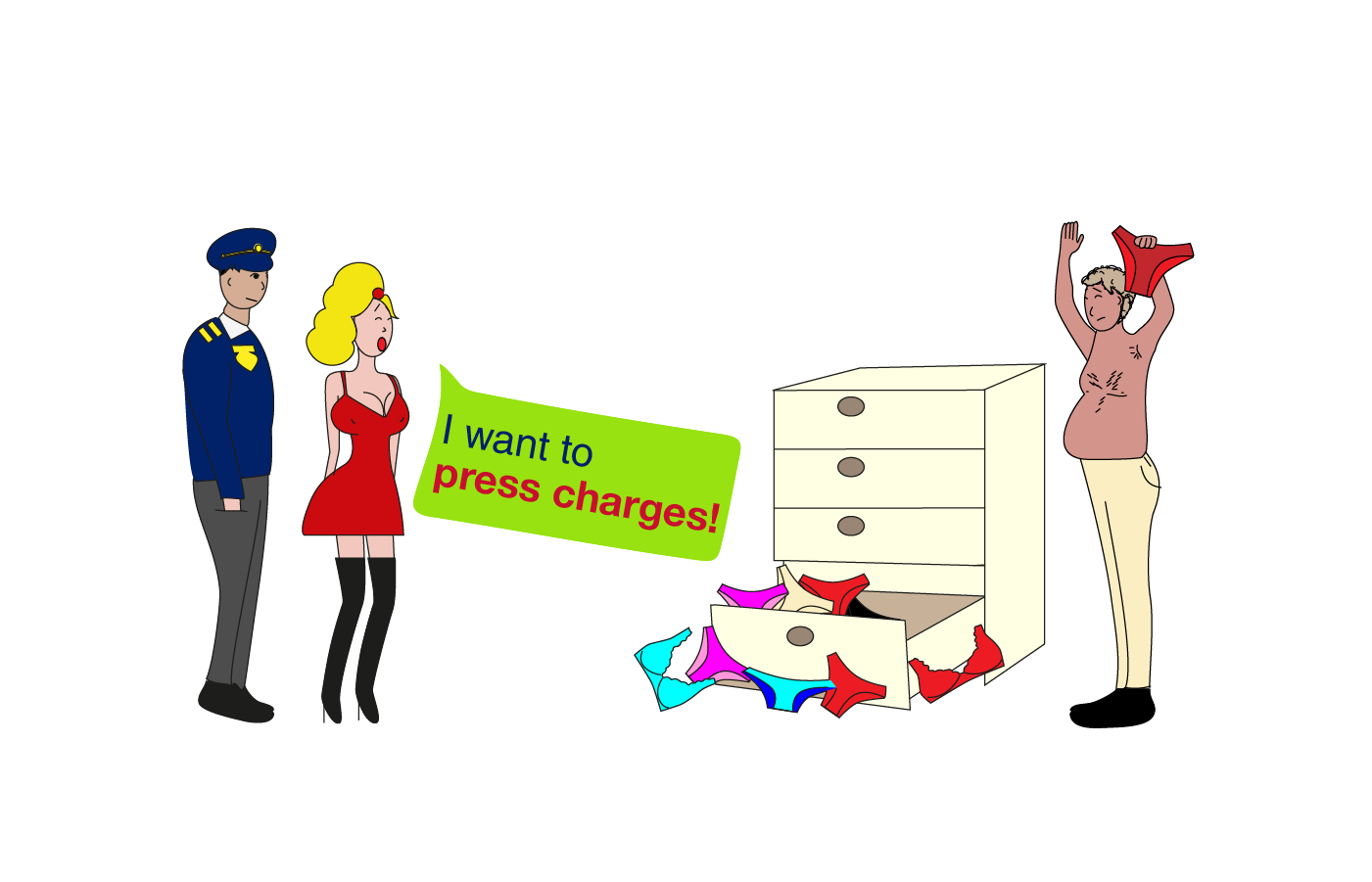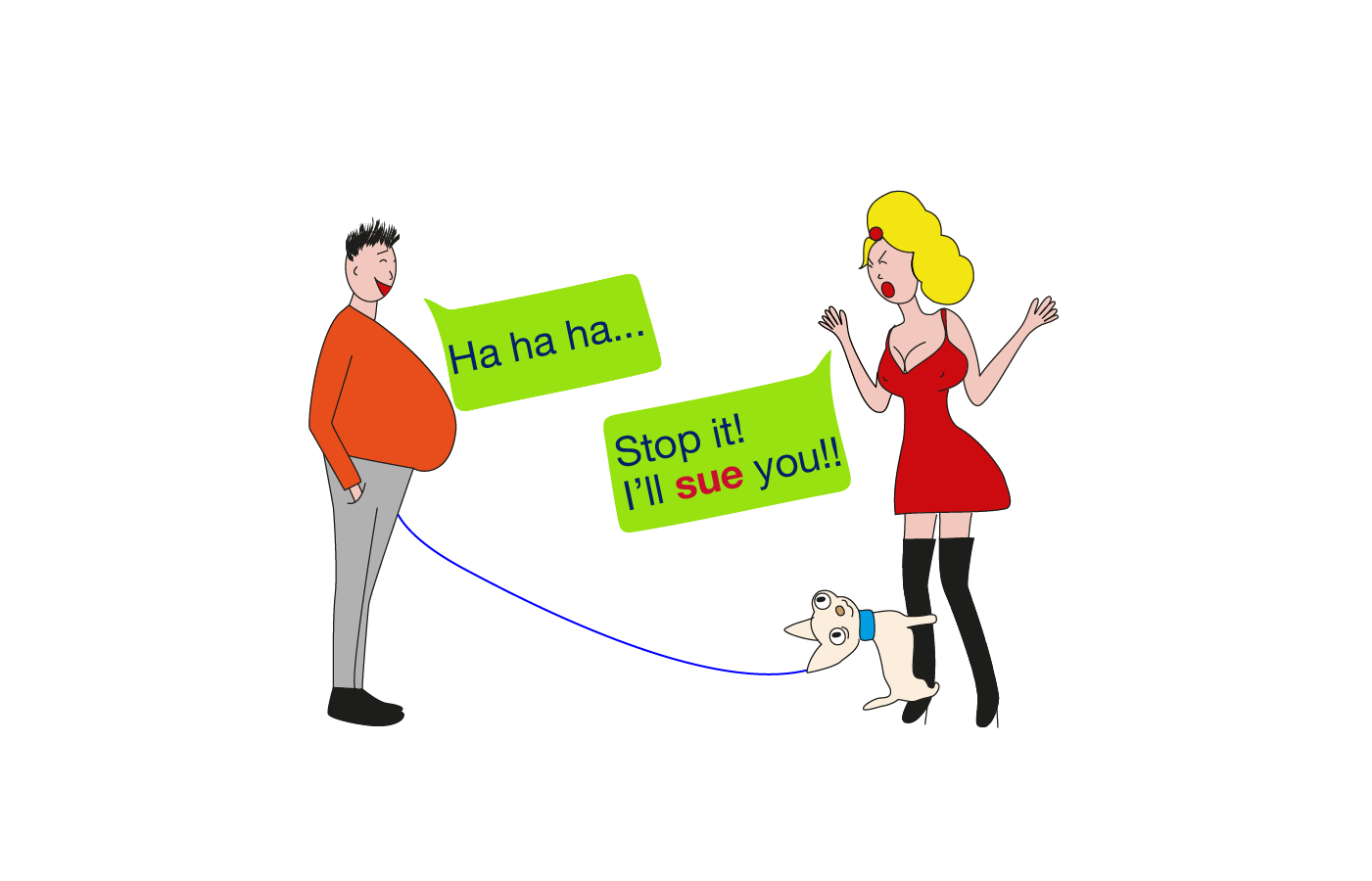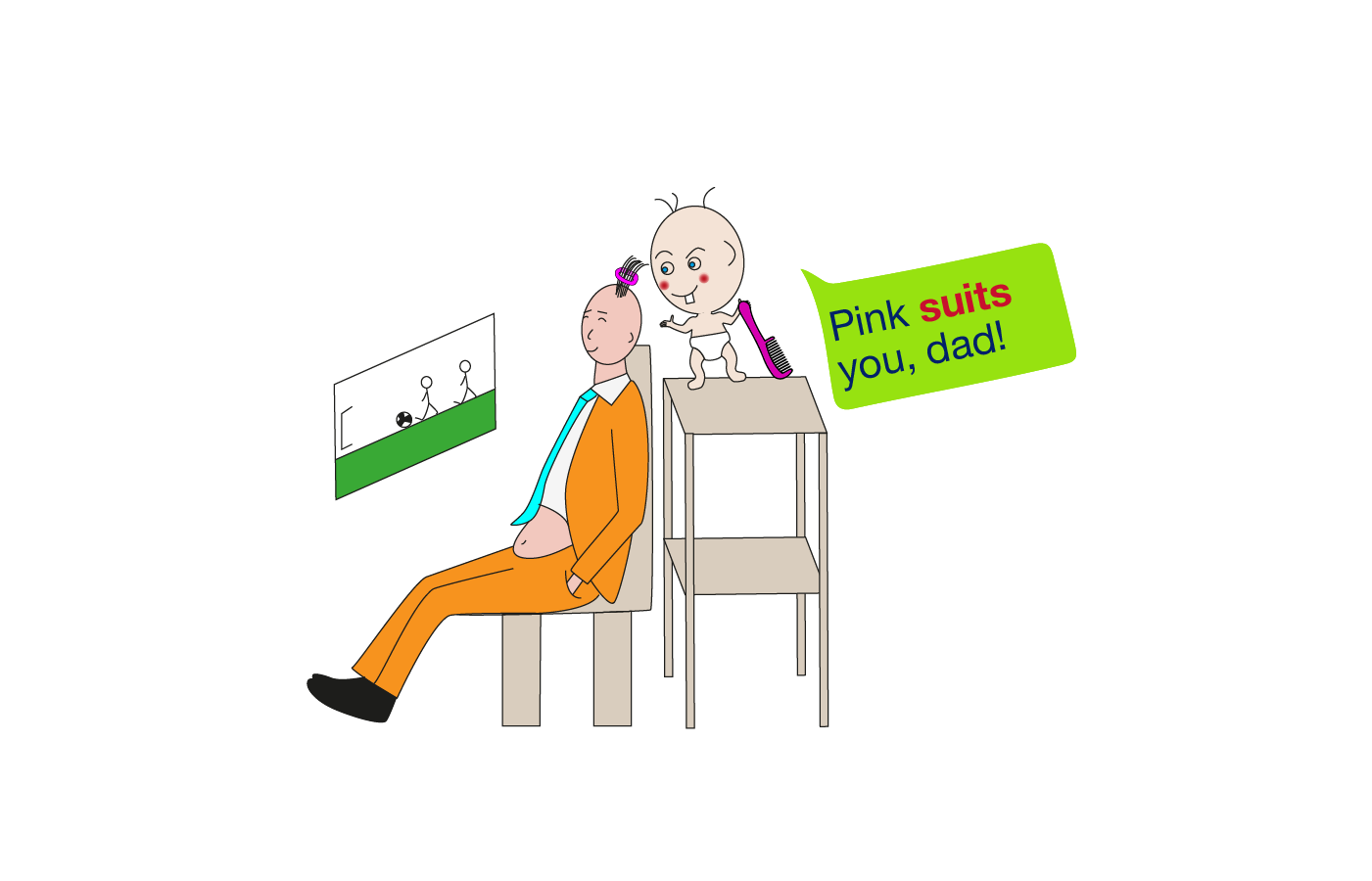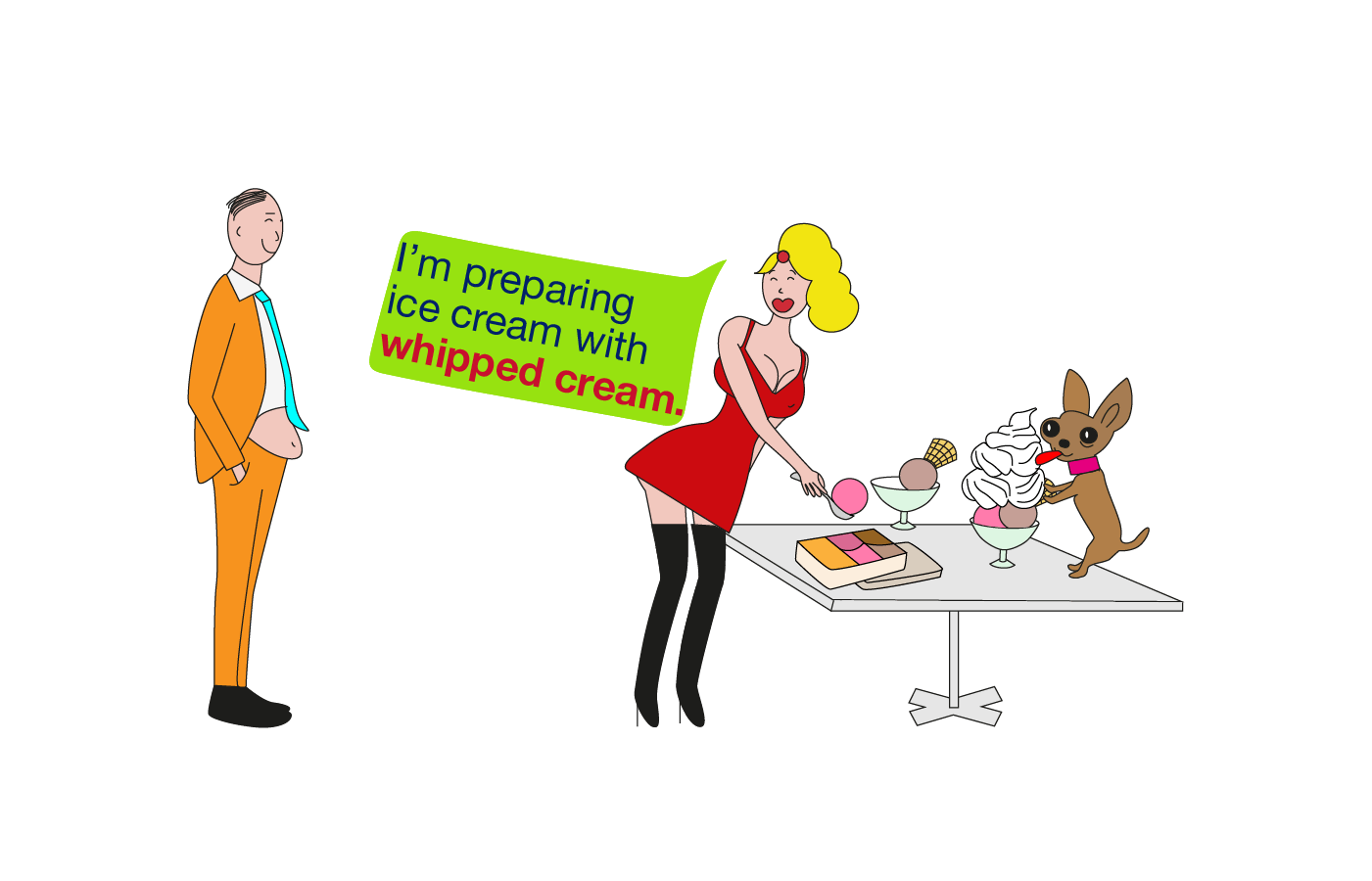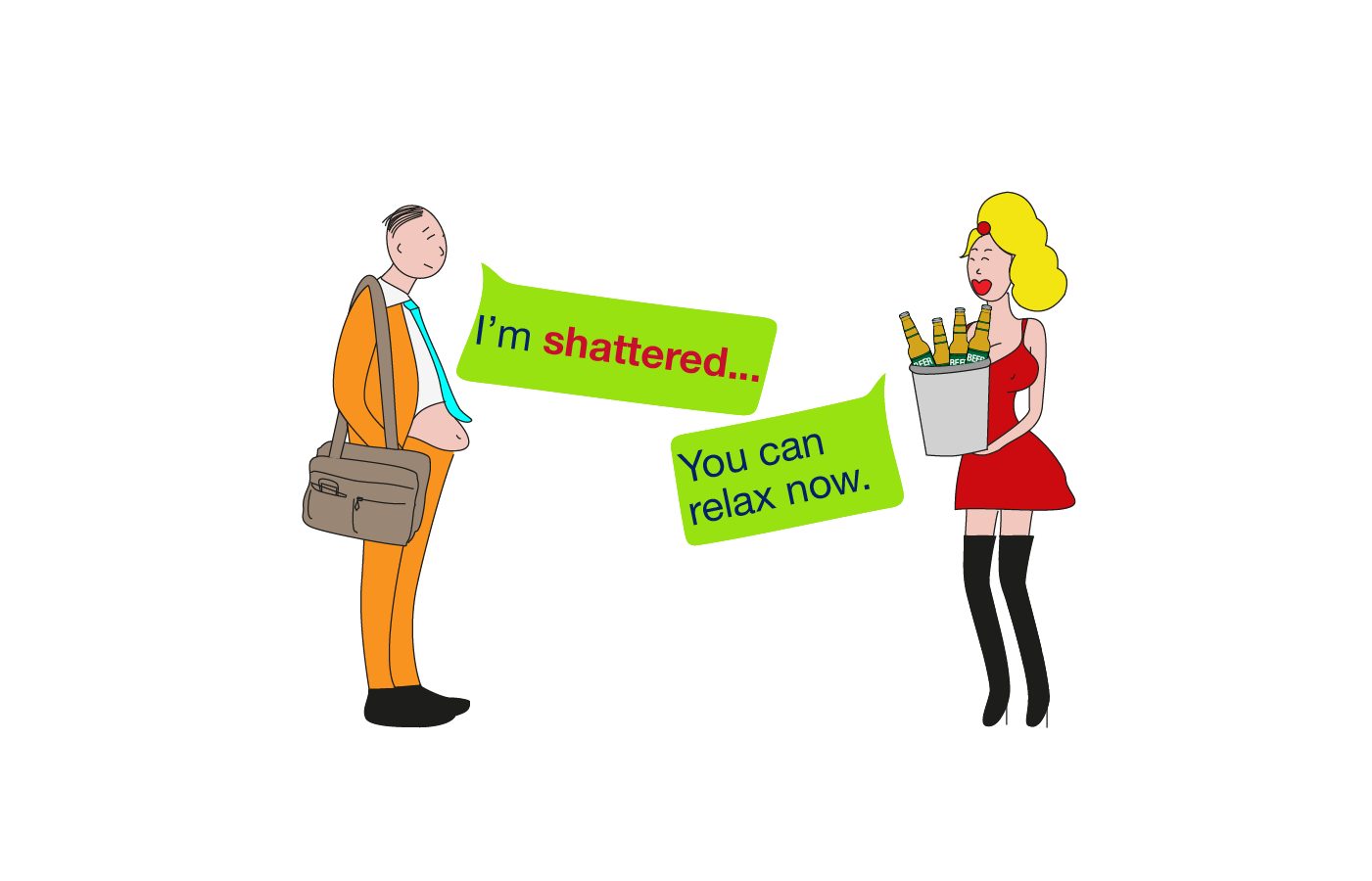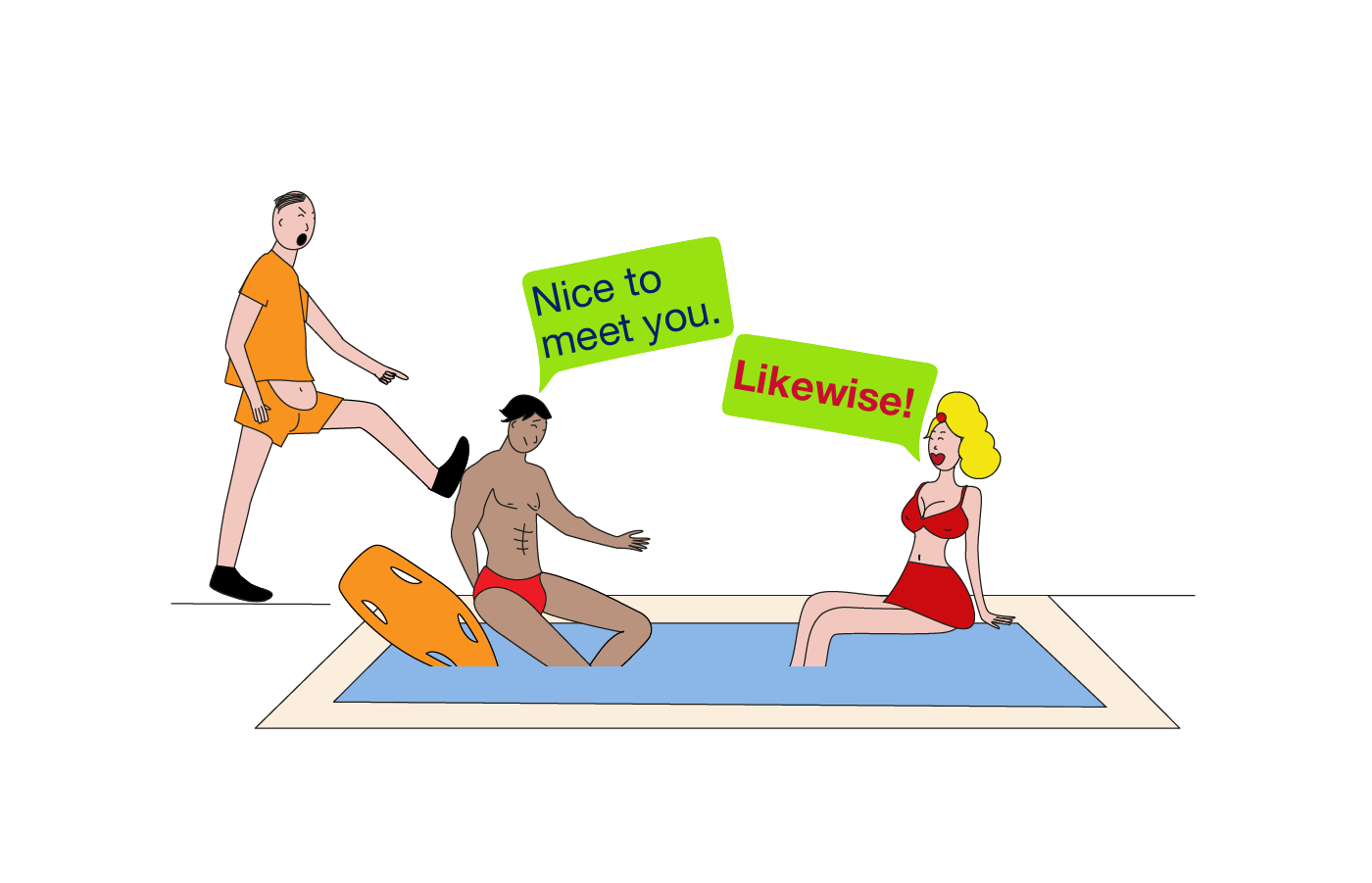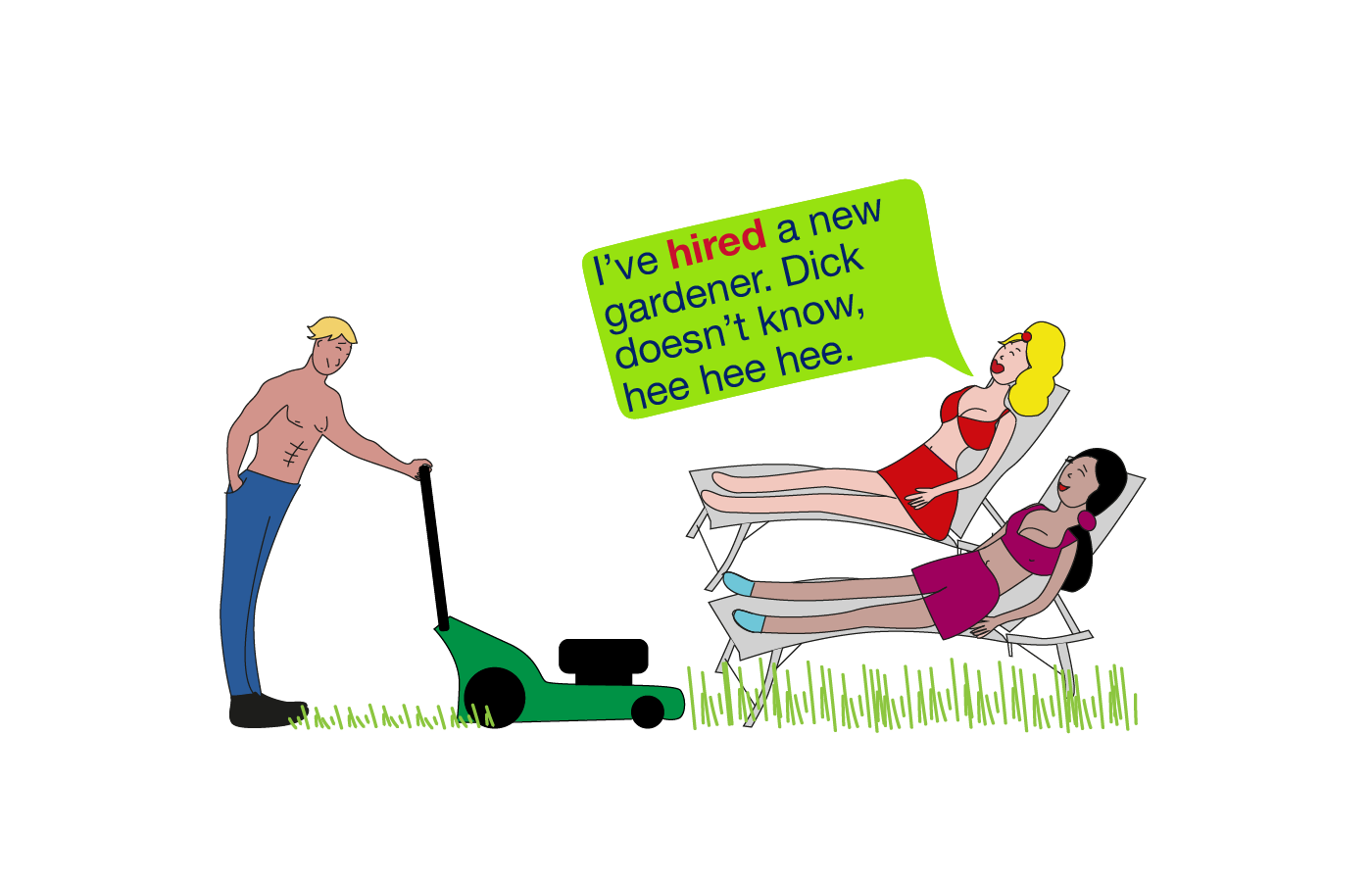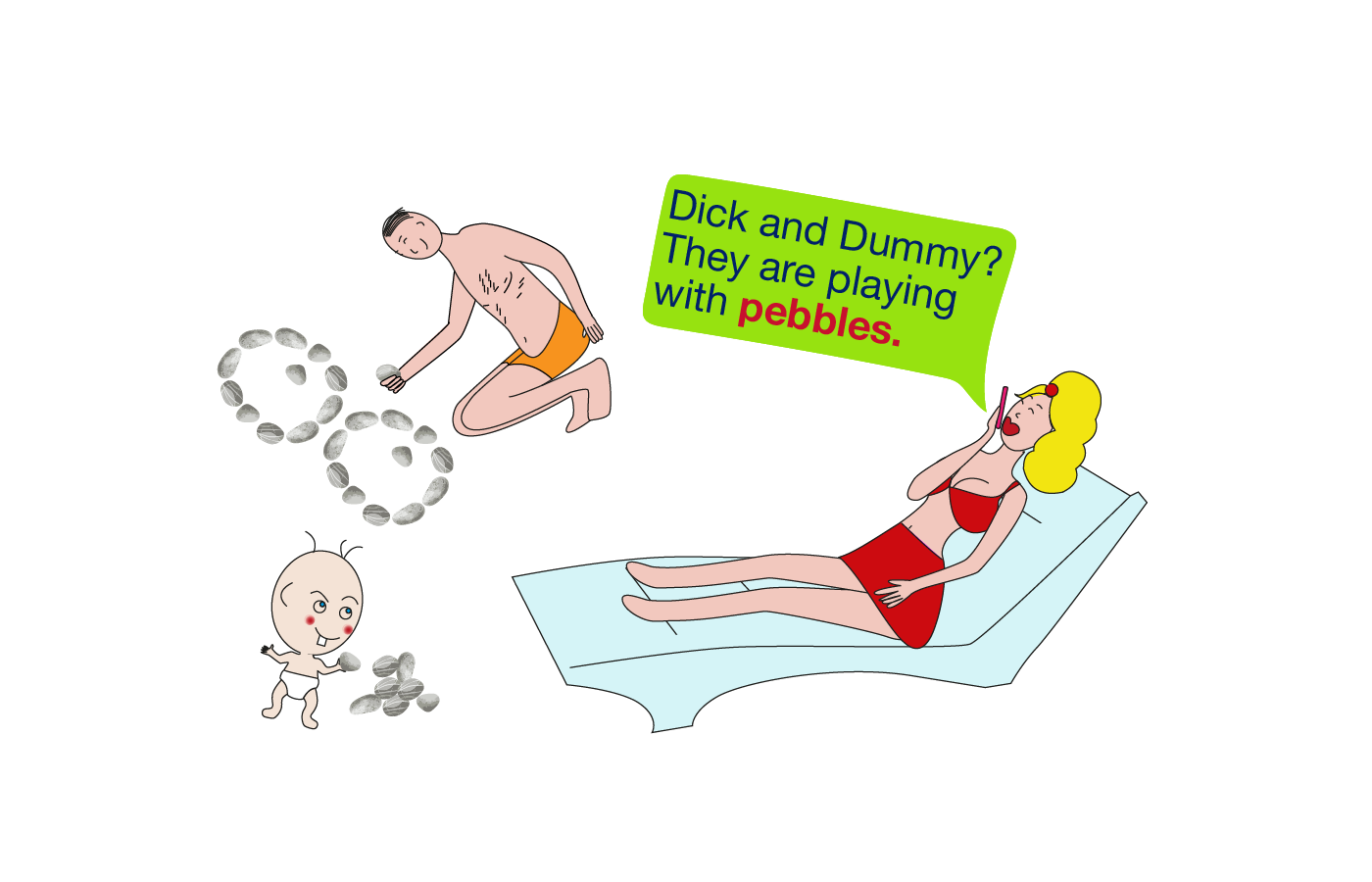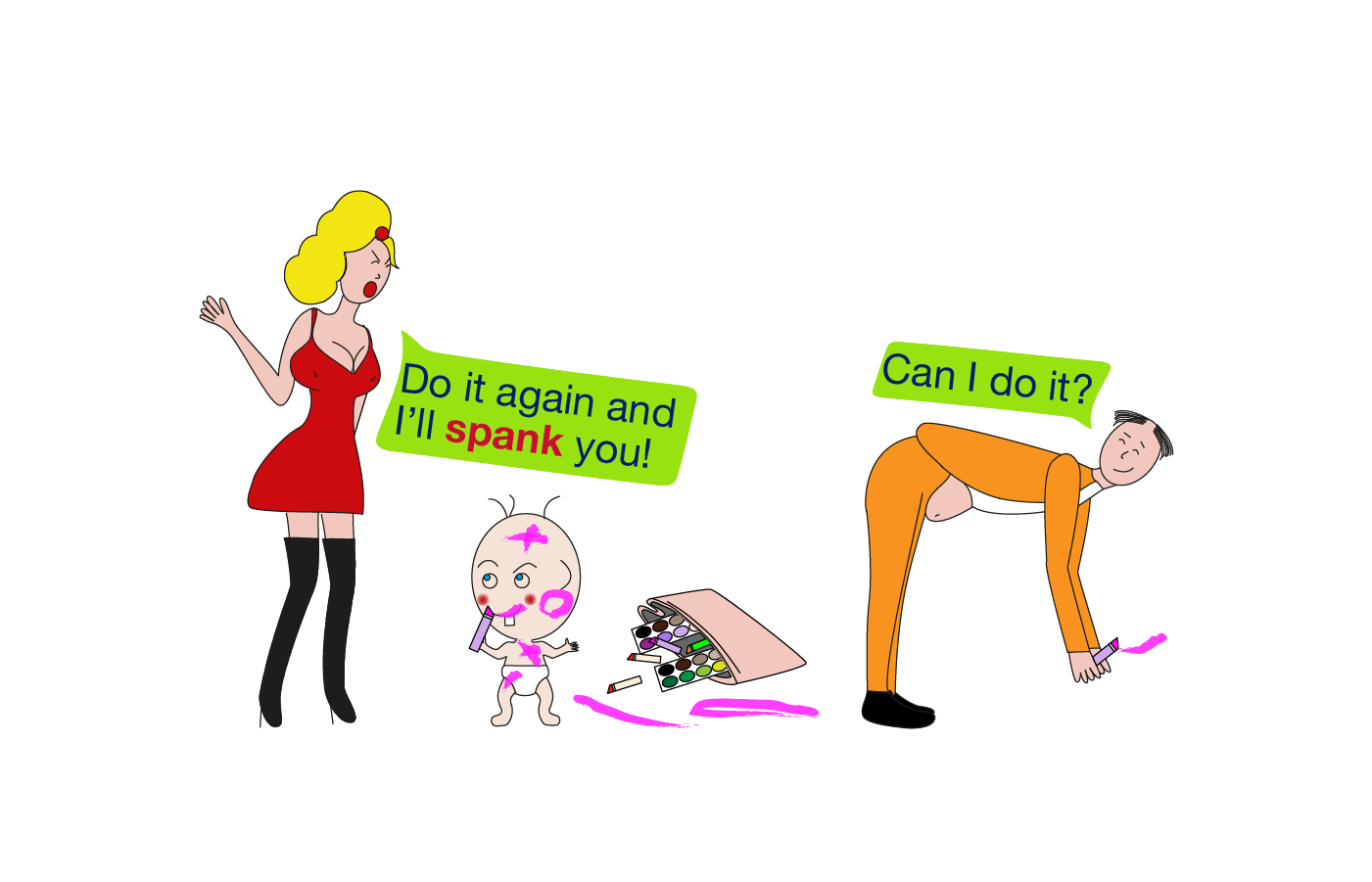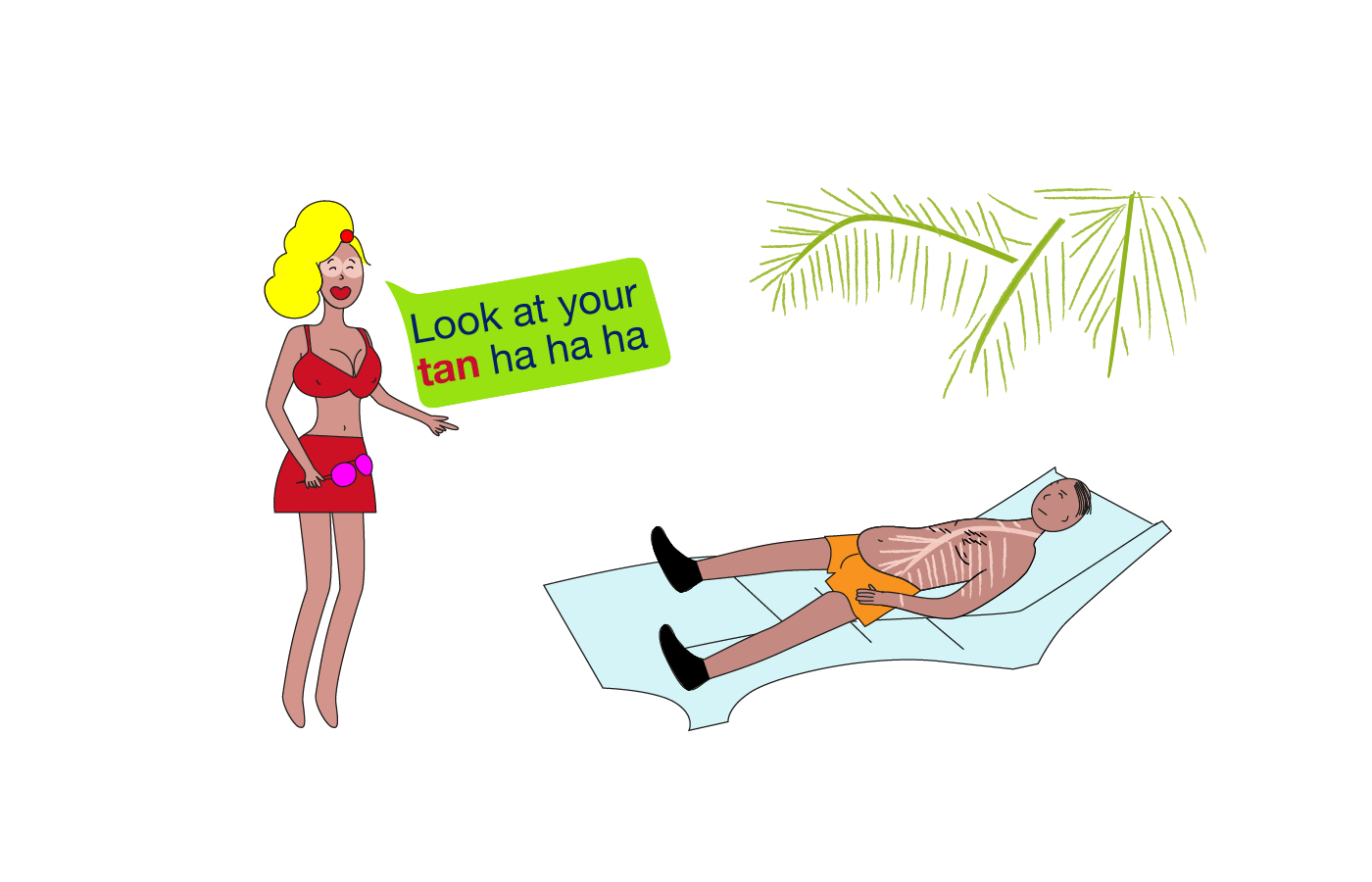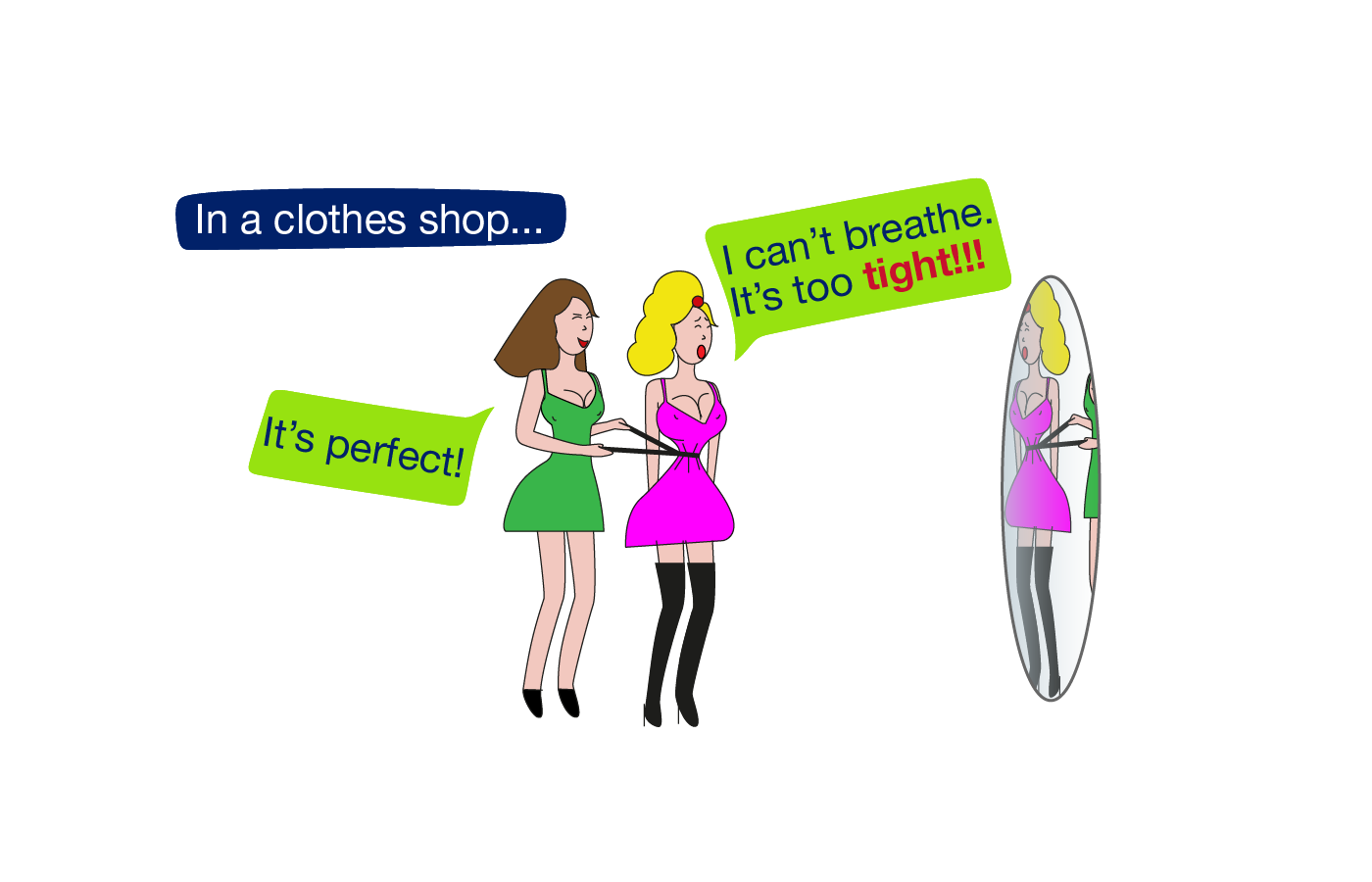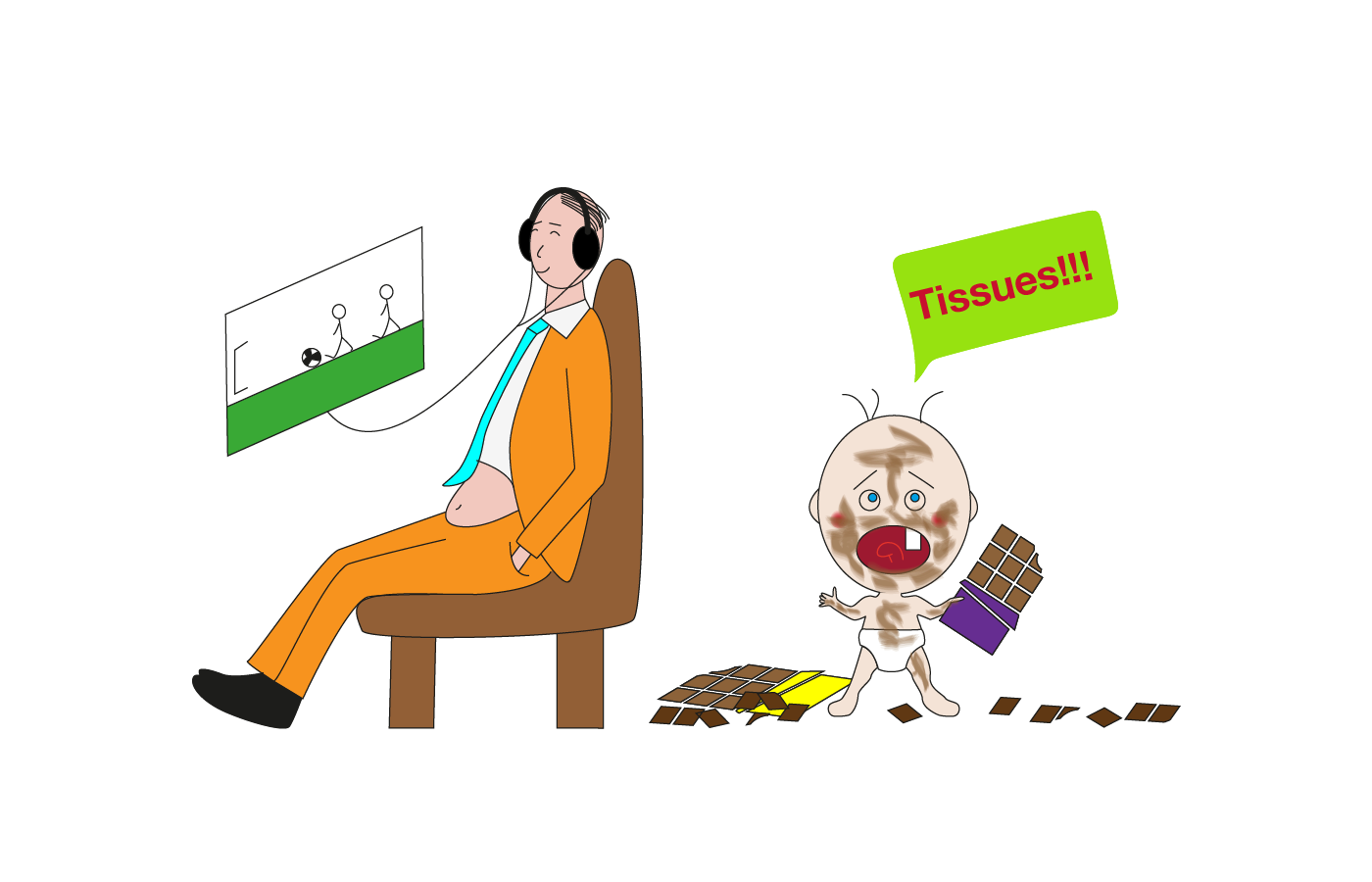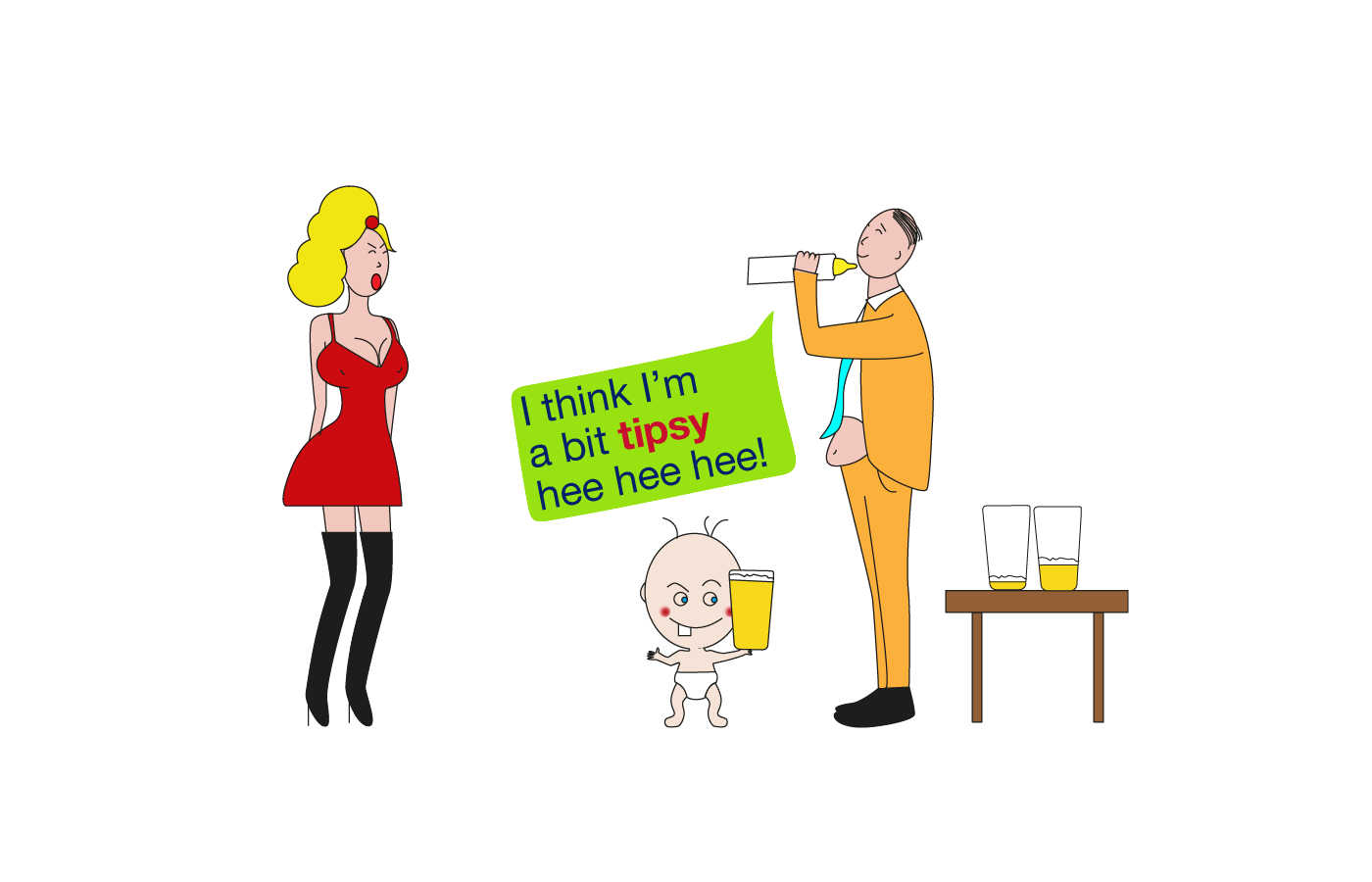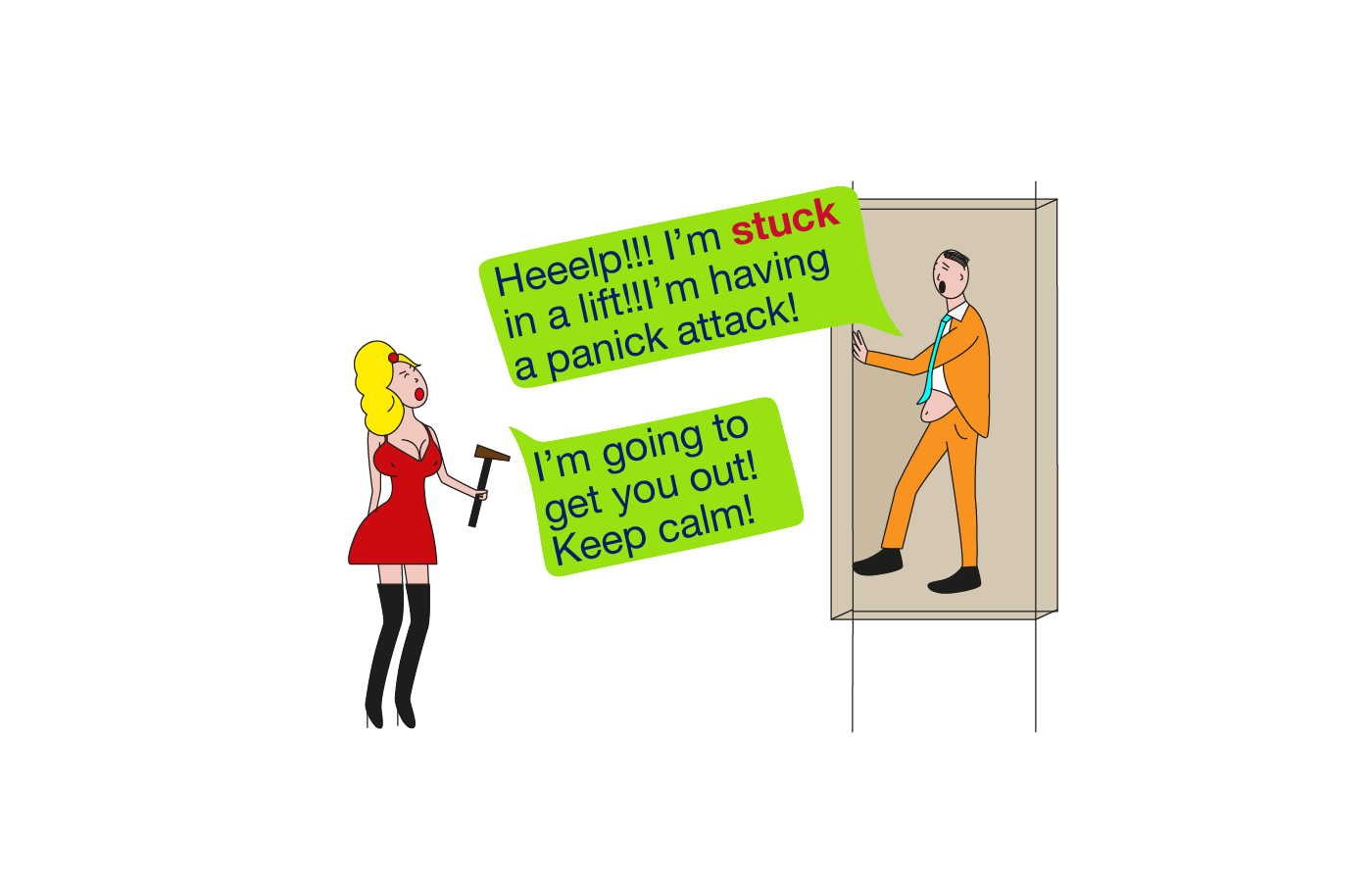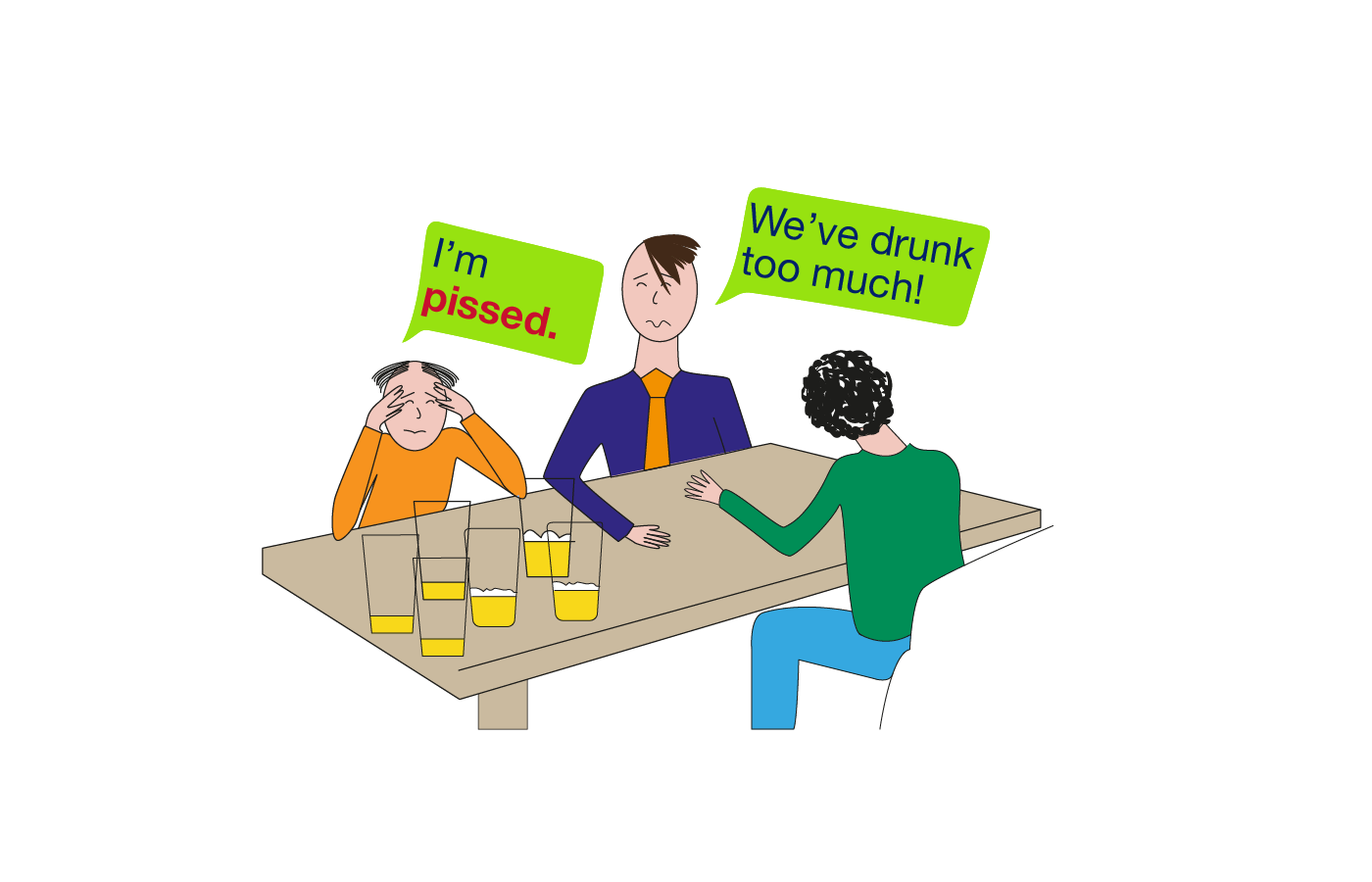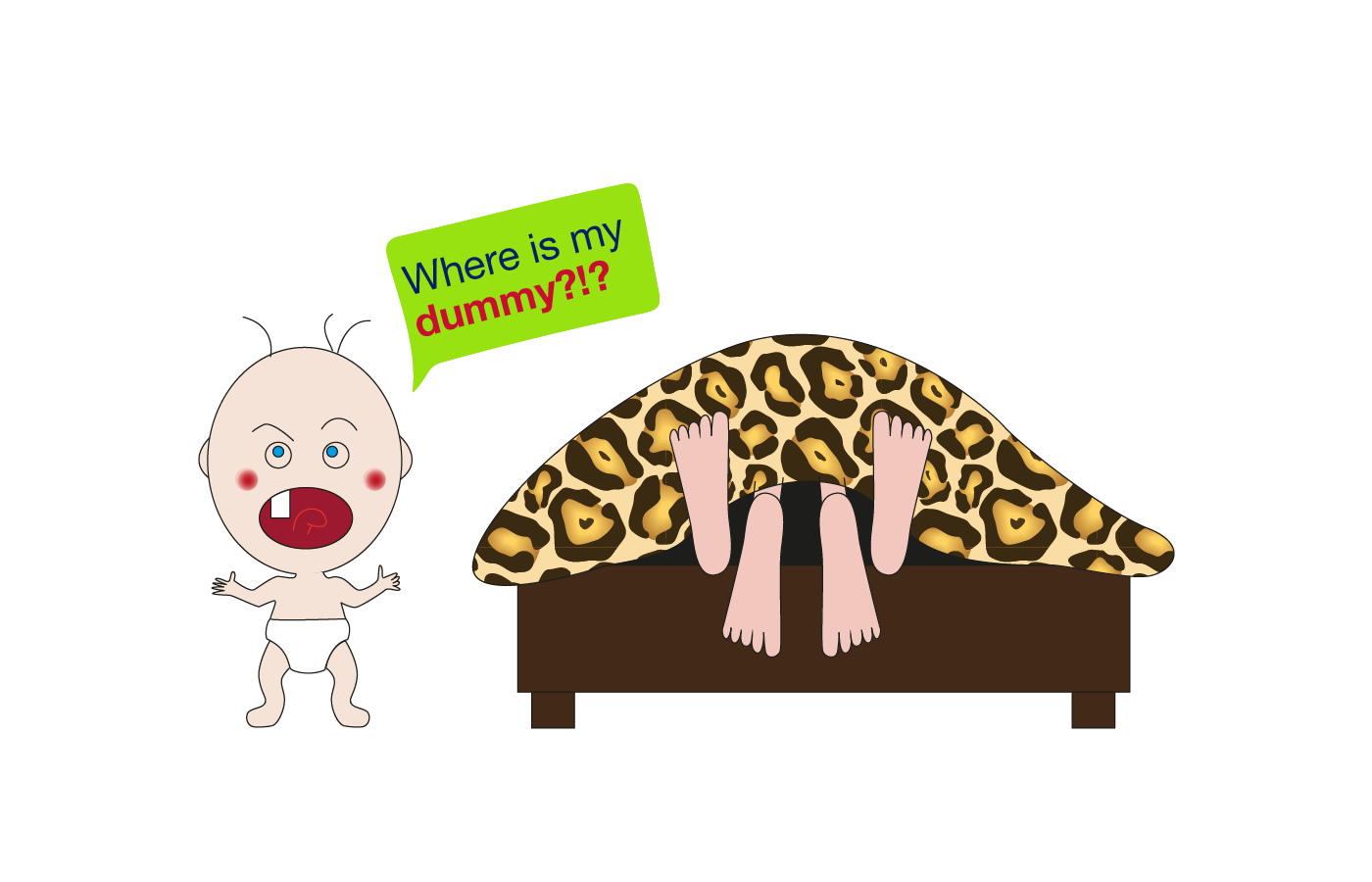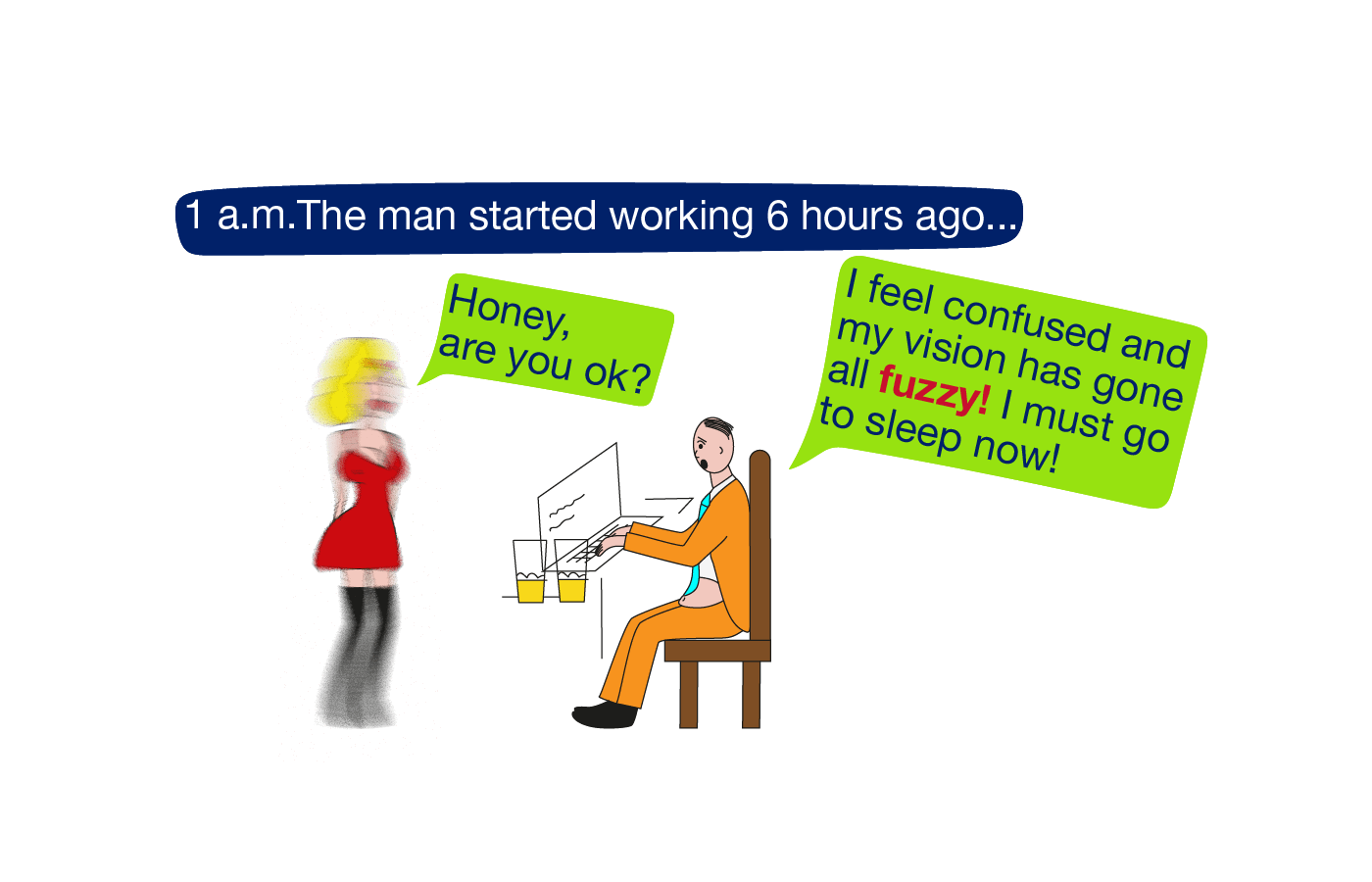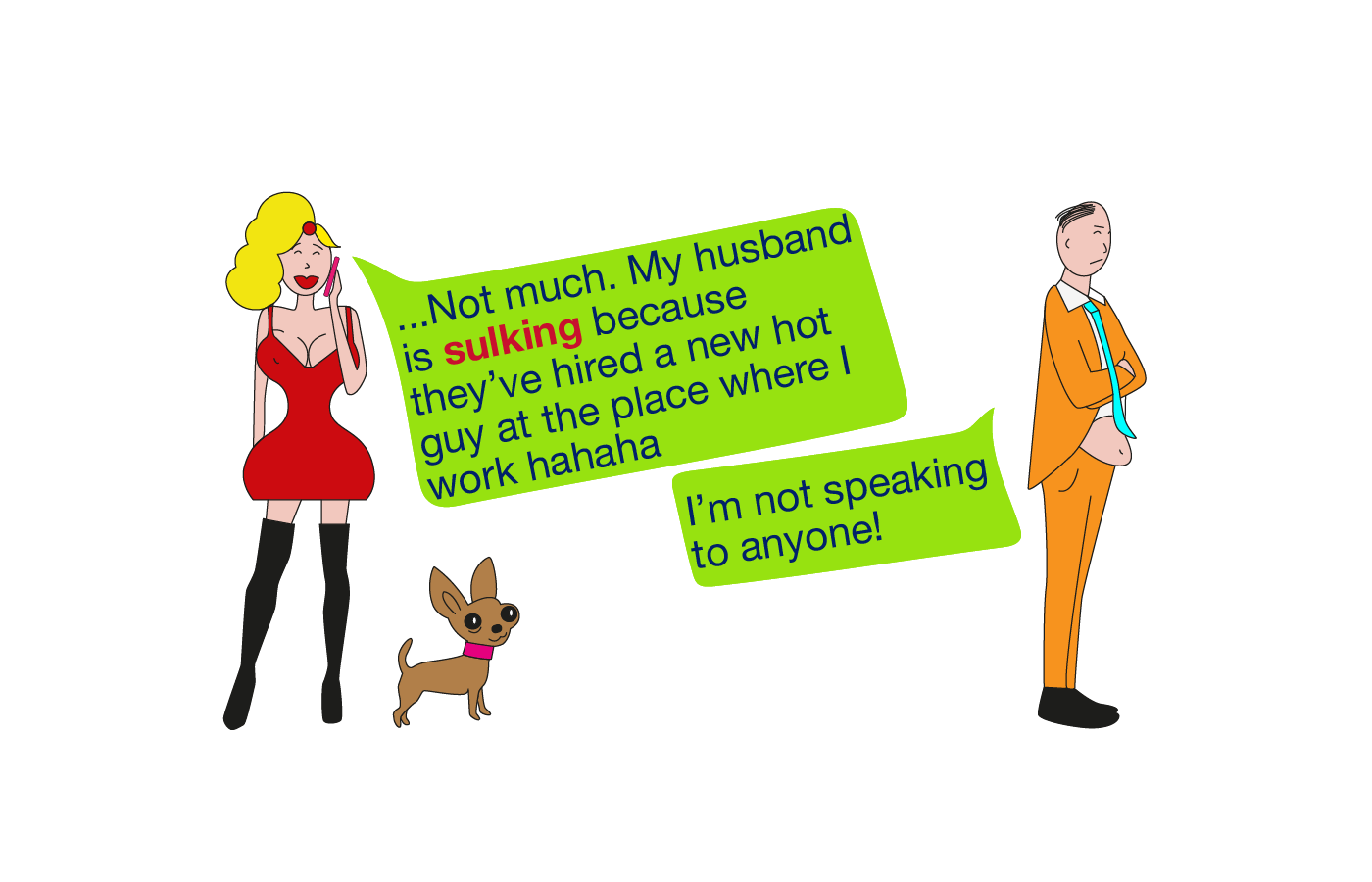Wow, did you know there are MORE THAN A MILLION WORDS IN THE ENGLISH LANGUAGE?!
Yep, that’s right. Vocabulary is an ESSENTIAL PART of learning a foreign language. You might know all the grammar rules and how to structure a sentence but if you lack words to describe what you mean, it will become really difficult to get your message across.
FALSE FRIENDS in English
One thing you should bear in mind when you want to learn English vocabulary is that some words might be similar to words in your own language (here a lot depends on what your mother tongue language is), but they don’t necessarily mean the same thing as they do in your language. Sometimes they can have A COMPLETELY DIFFERENT TRANSLATION. These words are called “FALSE FRIENDS”. One example of false friends in Italian language (which has a lot of English “false friends”, by the way) is the word “parents”. It’s similar to the Italian “parenti”, but “parenti” means “relatives” and there’s a completely different word for the English word “parents”.
A GOOD WAY TO STUDY English vocabulary is to put words in TOPIC GROUPS.
For example, today’s topic is going to be “the house” so you start to gather all the vocabulary needed to talk about the house, like a table, chairs, rooms etc. Make a list of the vocabulary and try to memorise it. Of course that’s not the end. That’s only the first part.
It must all REVOLVE AROUND THE SAME WORDS.
It’s important to study THE SAME VOCABULARY in different contexts and using different methods. You can for example have a role play game with another English learner. You can be the wife and he can be the husband and you are in your house and you talk about the house using the vocabulary mentioned above. Or you can watch a tv show about houses, where you will for sure hear some of the words you have gathered in your list. You can invent games, riddles, share funny stories about your house or your friend’s house. Then, you might write a description of your house on a piece of paper. What’s important is to always repeat the same vocabulary. That’s because our brains are elastic. They don’t like repeating the same things in the same contexsts, our brains work well when there’s variety and fun.
Learning section: English vocabulary.
Click on a picture to learn the definition and the explanation of every English word. Use the menu to filter by category and use the search field to find words.


